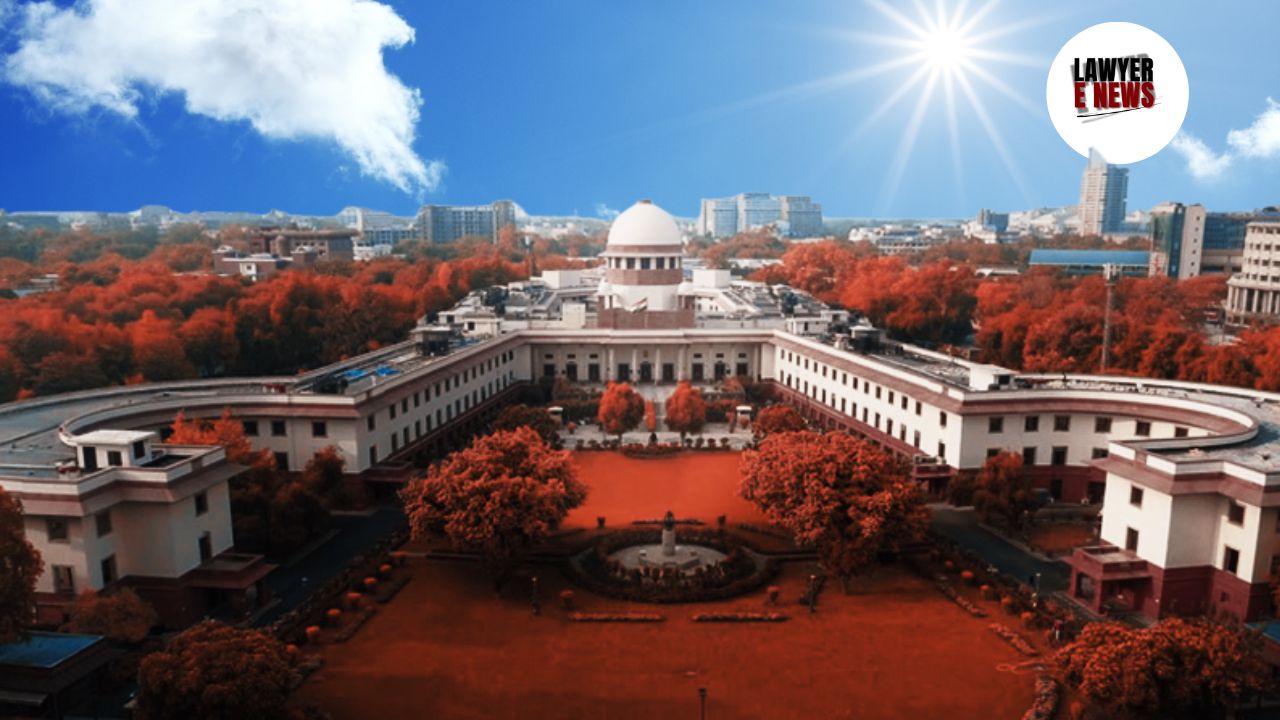-
by sayum
14 February 2026 2:22 PM



In a significant decision Supreme Court of India clarified the applicability of Section 195 of the Code of Criminal Procedure (CrPC), 1973, to offences committed before Tribunals. The bench of Justice Sudhanshu Dhulia and Justice Ahsanuddin Amanullah held that offences under Sections 193, 199, and 200 of the Indian Penal Code (IPC), if committed before a Tribunal not classified as a "Court," can be pursued through private complaints. The Court set aside a Calcutta High Court decision that quashed a private complaint and reinstated the complaint for adjudication.
The case arose from a private complaint filed by the appellant, Anil Kumar J. Bavishi, alleging that the respondent, Mahendra Kumar Jalan, committed offences under Sections 193 (false evidence), 199 (false statement made in declarations), and 200 (using such false declarations) of the IPC before the Municipal Building Tribunal.
The High Court quashed the complaint, citing Section 195 CrPC, which mandates that complaints regarding such offences, when committed before a Court, must be initiated by the Court itself under Section 340 CrPC. The appellant argued that the Tribunal, not being a "Court" as defined under law, allowed for a private complaint.
The Court underscored that the Municipal Building Tribunal does not fall within the definition of "Court" under the CrPC:
“Tribunals are not defined as ‘Courts’ under law, and the procedural safeguards of Section 195 CrPC apply only to offences committed before Courts.”
As the offences were committed outside a judicial Court, the Court held that private complaints were valid under these circumstances.
The Supreme Court distinguished between offences committed before Courts and those committed in other fora, stating:
“Offences under Sections 193, 199, and 200 IPC can occur both inside and outside judicial proceedings. Where they occur outside Courts, such as before a Tribunal, private complaints are the appropriate remedy.”
The decision relied on Iqbal Singh Narang v. Veeran Narang (2012), where similar principles were upheld.
The Supreme Court found the High Court erred in quashing the complaint under Section 482 CrPC, observing:
“The High Court conflated offences committed before a Court with those committed outside it, overlooking the Tribunal’s status as a non-Court entity.”
The Court clarified the route available for complaints:
If the offence is committed before a Court, the procedure under Section 195 read with Section 340 CrPC must be followed.
If the offence is outside a Court’s jurisdiction, private complaints are valid.
Judgment
The Supreme Court allowed the appeal, setting aside the High Court's order and reinstating the private complaint for adjudication on merits by the Tribunal. The judgment emphasized that:
“This decision is limited to technical and procedural grounds. The merits of the complaint remain to be adjudicated by the Tribunal.”
This judgment provides clarity on the distinction between Courts and Tribunals concerning the application of procedural safeguards under Section 195 CrPC. It reaffirms:
The autonomy of Tribunals in entertaining private complaints.
The limitations of procedural bars to ensure access to justice.
The distinction between judicial and quasi-judicial bodies for the purpose of criminal proceedings.
The decision will likely influence procedural practices in matters involving quasi-judicial bodies and reinforce legal safeguards for addressing offences committed outside traditional Courts.
Date of Decision: December 19, 2024
